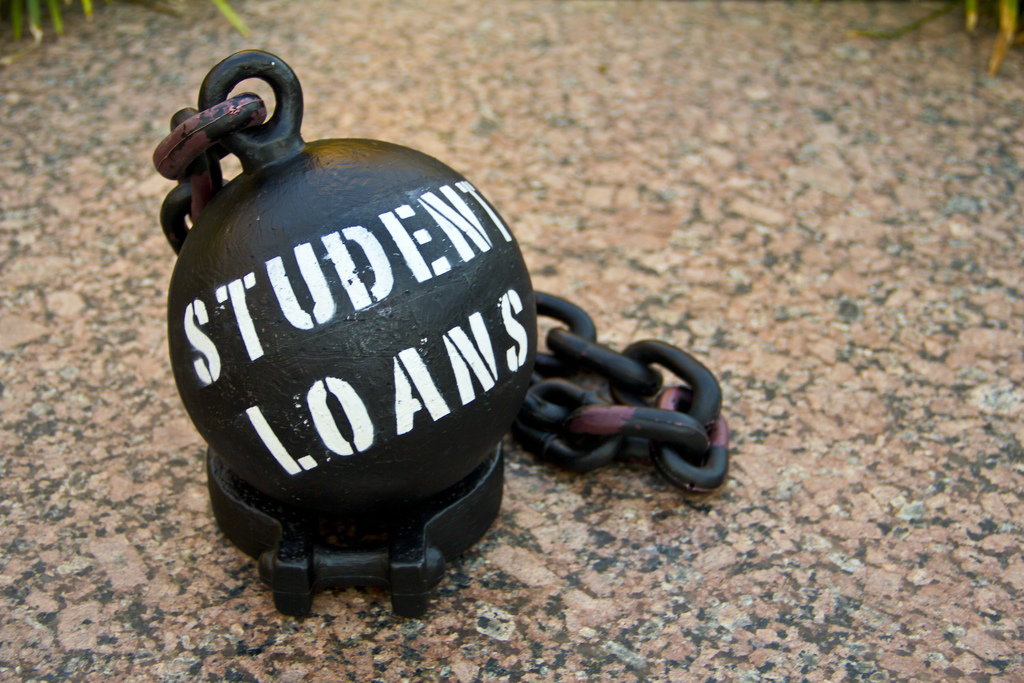Nearly half of the world’s GDP teeters on the passage of the Trans-Pacific Partnership, a 622-page document between the United States and 11 other Pacific Rim countries. Opponents consider it “the dirtiest trade deal you’ve never heard of” due to the secrecy surrounding the negotiations. The 11 other countries included in the deal include Australia, Singapore, New Zealand, Brunei Darussalam, Canada, Chile, Japan, Malaysia, Mexico, Peru and Vietnam.
Negotiations that started in 2010 were kept fully secret until a 2013 Wikileaks release of the document’s chapter on Intellectual Property Rights. The leak exposed what was to come in terms of copyrighting, digital rights management (DRM) and torrenting—the downloading and sharing of large files. Copyright infringement would be met with “criminal procedures and penalties… of sufficient severity to provide a deterrent” for further offenses.
The US Electronics Frontiers Foundation commented on TPP, saying,“We have to do everything we can to stop this agreement from getting signed, ratified, and put into force.”
The agreement was completed in October 2015, but each of the 12 countries needs to pass the contract in their respective countries. On the Office of the United States Trade Representative’s website, the TPP is advertised as “leveling the playing field for American workers and American businesses.”
“The Trans-Pacific Partnership (TPP) writes the rules for global trade—rules that will help increase Made-in-America exports, grow the American economy, support well-paying American jobs, and strengthen the American middle class,” the website writes.
Article via CNET, February 6, 2016
Photo: Eimskip Ship via Corey Templeton [Creative Commons Attribution-NonCommercial-NoDerivs]


